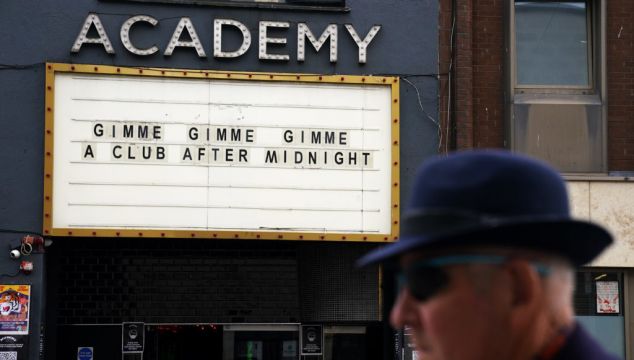The Irish public has not majorly shifted its behaviour in response to a recent surge in Covid-19 cases, research suggests.
Amid a high rate of vaccination in Ireland, the latest research from the Economic and Social Research Institute (ESRI) found behaviour did not change significantly in recent weeks as case numbers increased.
The study covers the period from November 3rd to 10th.
Head of the ESRI's behavioural research unit, Pete Lunn, said the lack of a significant public response is likely down to the rollout of Covid-19 vaccines.
“Once people were getting vaccinated and seeing the vaccination being rolled out, they became less worried by increased case numbers,” he told Newstalk radio.
“That makes sense of course because catching the disease becomes less serious – the vaccines partly protect you against hospitalisation and that messaging was very successful – so it makes sense that people who get vaccinated become less worried.”
Coming change
Mr Lunn said attitudes may still change in the coming weeks.
“It’s quite possible that as we actually see the pressure really grow on the health service and on the hospitals, that we will see a stronger behavioural response, if you like, over the next few weeks,” he said.
“But [in] our data thus far, up to last week, [we] don’t see any major shifts in people’s behaviour in terms of the number of people they meet, and the likelihood that they have a close contact.”

It comes as a further 3,138 cases of Covid-19 were confirmed on Friday, with health officials warning that Ireland is set to face a “difficult” few weeks amid a surge in infections.
The country's deputy chief medical officer, Dr Ronan Glynn, said that it was possible Ireland could record 200,000 cases of Covid-19 in December.
Separately on Friday, chief medical officer Dr Tony Holohan said "anyone who is going to get Covid-19 in December has not yet been infected."
"Their infection is not inevitable and there is still time to prevent it by small changes in our behaviour," he said.







